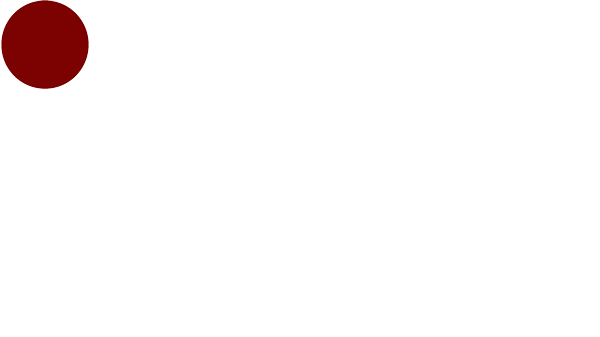ABOUT THE ARTIST
Sadanandji K. Bakre’s preoccupation with abstraction in his sculptures was inspired by paul klee’s
lyricism and picasso’s de-structuring of form.
A founding member of the Progressive Artists’ Group, he was born in Baroda, Gujarat, on 10 November
1920. Bakre obtained a diploma in modelling and stone carving from Sir J. J. School of Art, Bombay,
following which he was a pilot with the Air Force during the Second World War.
In 1947, along with his friend F. N. Souza, Bakre founded the Progressive Artists’ Group, which was
joined by S. H. Raza, K. H. Ara, H. A. Gade, and M. F. Husain, as founder members.
Rudi von Leyden, a leading voice of the Indian art scene in the mid-twentieth century, introduced Bakre
to the modernist movements of the U.S. and Europe, and helped mentor his ideology. Dissatisfied with
the contemporary art scene in India at the time, Bakre left for London to pursue his career and earned
international renown, both as a sculptor and painter.
Bakre potentialised the human form
by transforming it through distortion,
fragmentation, and partial elimination. His
canvases were executed in a sculptural
manner depicting geometrical grids
and abstracted human forms in a twodimensional pattern. The bold and bright
colours highlighted the contrast of straight
and curved lines.
A much-feted artist, Bakre returned to India
in the later years to lead a recluse’s life. He
passed away in Ratnagiri, Maharashtra, on
18 December 2007.

